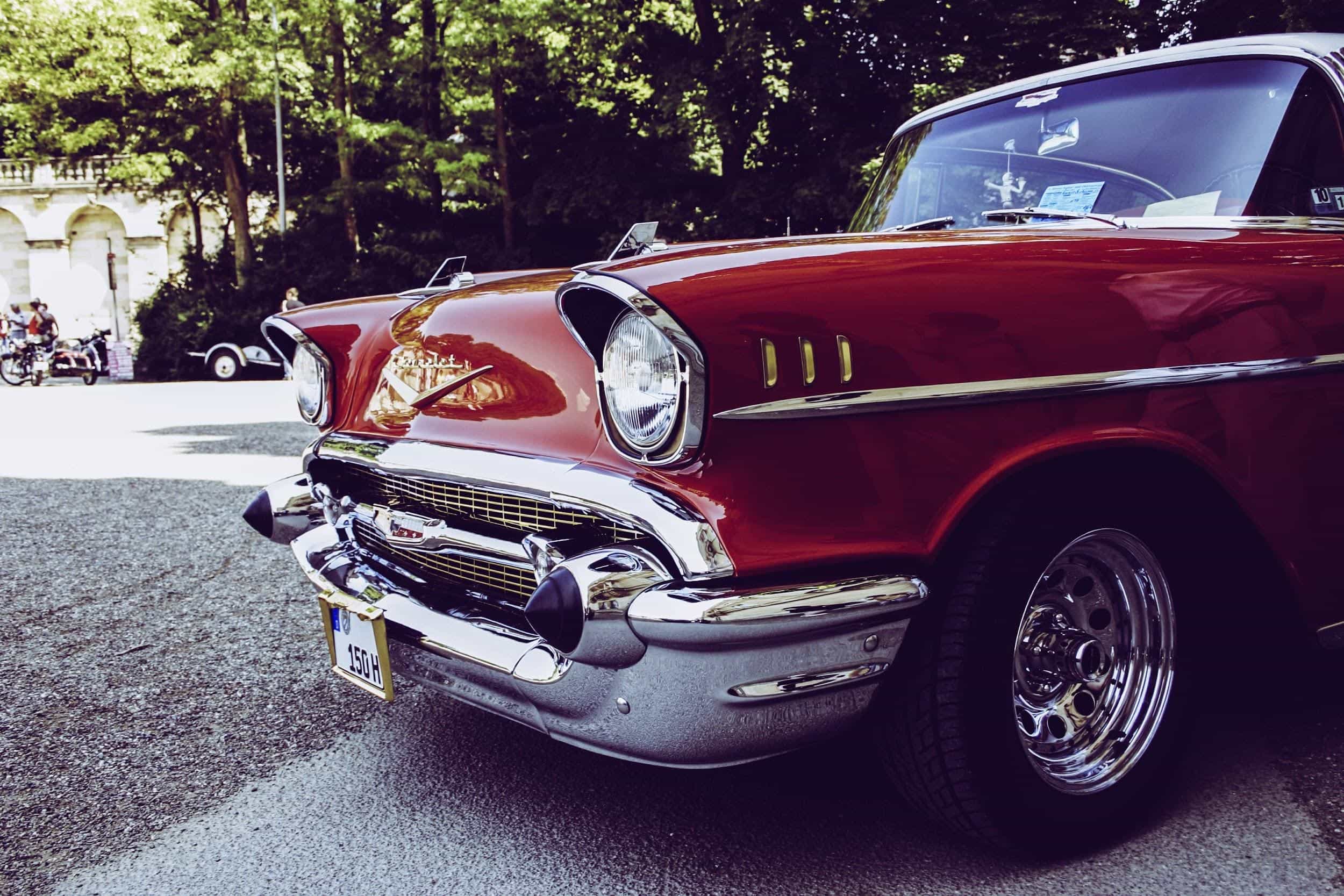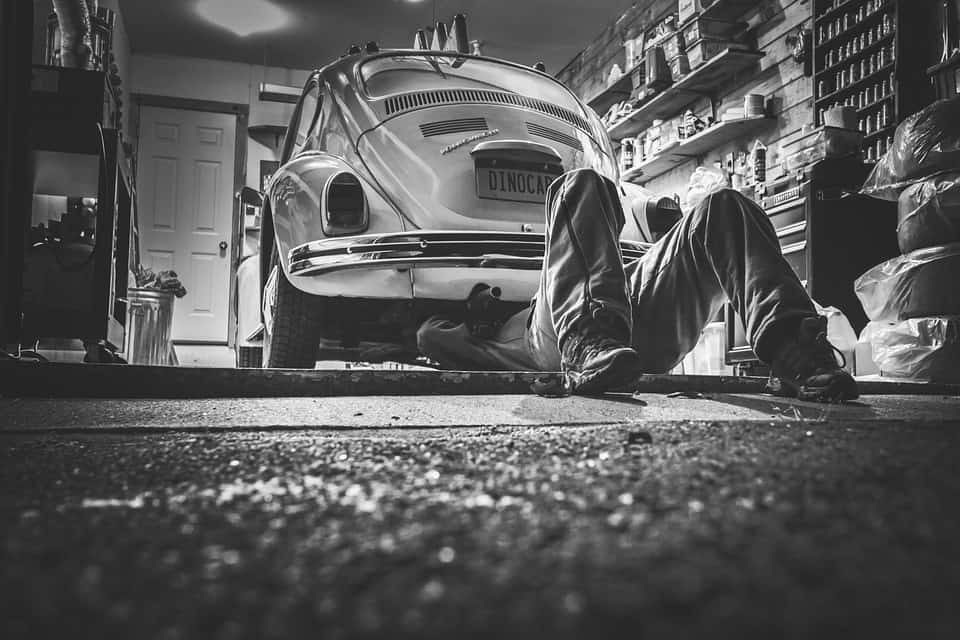So, you want to become a classic car owner? Before buying a prized vehicle from the past, it’s important to weigh up the costs. Whilst you can save money in some areas, other aspects of classic car ownership are far more expensive. Budget effectively and you’ll ensure that your vintage vehicle is a worthwhile purchase.
Sale price
The sale price can vary massively. Take a classic Austin Mini which can sell anywhere between £3000 and £22500 depending on the condition and who you buy from. In most cases, it pays to do your research first, so that you know when you’ve struck a bargain and when you’re getting ripped off.
Independent sellers will often charge less than dealers and you may be able to negotiate a better price. Mileage and condition will affect how much the vehicle sells for – if you’re willing to do a lot of DIY repairs and possibly do up a car entirely, you could get near to scrap value for some classic cars (although you’ll be paying thousands to make the vehicle roadworthy again).
Road tax
One of the perks of owning a classic car is that they’re tax free. This applies to any vehicle over 40 years old. Be careful of vehicles just under this 40 year age – they’re tax is likely to be huge due to poor fuel efficiency.
Repairs
One of the biggest costs you’ll have to budget for is servicing and repairs. Some classic cars are more reliable than others such as VW Beetles and BMW E30s. Either way you should prepare for some wear and tear and find a reliable repair service.
Shopping around for auto repair can reduce costs in some cases, although being loyal to one mechanic can also have its financial perks. If you’re savvy enough, you may be able to do a lot of repairs yourself. Older cars are much easier to get beneath the bonnet of, although parts are sometimes harder and more expensive to find. That said, you may be able to customise some parts to your vehicle more easily than you can with modern vehicles.
Insurance
One of the biggest expenses of owning a classic car is the added insurance premiums. Being older, these cars are naturally more prone to damage which could lead to more insurance claims in the eyes of insurance companies.
You should always check how many miles are left on the clock before buying. A vehicle that has gone over its maximum miles is likely to have far greater insurance rates. You may get lucky and find a classic car that’s been stored away in someone’s garage for years, taken out only for the occasional drive.
Of course, there are ways you can lower insurance, including having a garage of your own to keep it in (classic cars are more prone to theft, so this will increase security). Other security features such as steering wheel locks may also reduce rates.





